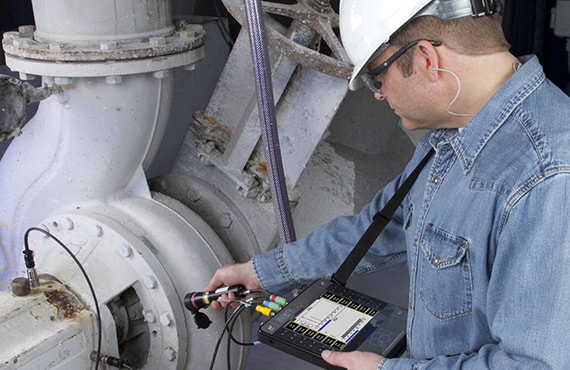ISO 11137 – Sterilization of Health Care Products Radiation Test
The ISO 11137 standard is pivotal in ensuring that healthcare products are safe and effective for use. This internationally recognized standard defines the requirements for sterilizing health care products by ionizing radiation, specifically gamma irradiation or electron beam processing.
Understanding this test requires a background on its primary applications within the healthcare sector. The ISO 11137 protocol is critical in ensuring that medical devices and other health-related products meet stringent safety standards before they reach patients. This includes verifying the efficacy of sterilization processes while minimizing the risk of contamination.
The standard outlines specific procedures for irradiation, including dose levels, exposure times, and environmental conditions. It also provides guidelines on how to ensure that the sterility assurance level (SAL) is met or exceeded, which typically targets a SAL of 10-6 or lower, meaning there should be no more than one chance in a million for viable microorganisms to survive.
The testing process involves several key steps. Initially, the healthcare product undergoes a detailed evaluation of its radiation resistance. This includes identifying any materials that could potentially interfere with the sterilization process and ensuring compatibility with the chosen method (gamma irradiation or electron beam). Specimens are then prepared according to standard procedures, which may involve cutting the product into pieces if necessary.
The actual irradiation takes place in a controlled environment designed to maintain consistent conditions throughout the exposure. Dosimetry is used to monitor and record the radiation dosage accurately. Post-irradiation testing involves checking for any physical changes or degradation of the product due to the sterilization process. Microbiological assays are conducted to confirm that all targeted microorganisms have been effectively eliminated.
The results from these tests provide critical data on the effectiveness of the sterilization process and help determine whether additional steps are needed. Compliance with ISO 11137 ensures not only regulatory compliance but also enhances patient safety by reducing the risk of infection from improperly sterilized medical devices.
In summary, ISO 11137 is an essential tool in ensuring that healthcare products meet rigorous safety standards before they enter clinical use. By adhering to this protocol, manufacturers can demonstrate their commitment to quality and reliability, thereby gaining trust among healthcare providers and patients alike.
Applied Standards
The ISO 11137 standard is widely recognized for its comprehensive approach to ensuring the safety and effectiveness of health care products. It draws from several international standards that collectively form a robust framework:
- ISO 11137-1: General requirements, dose distribution.
- ISO 11137-2: Dose measurement and control.
- ISO 11137-3: Dose output of radiation sources.
- ISO 11137-4: Irradiation facilities, dose distribution.
Why Choose This Test
The ISO 11137 standard ensures that healthcare products are safe and effective for use. It provides a clear set of guidelines for sterilization processes using ionizing radiation, ensuring consistent quality across different manufacturers.
This test enhances patient safety by minimizing the risk of infection from improperly sterilized medical devices. Compliance with ISO 11137 helps healthcare providers trust in the reliability and efficacy of products they use daily.
It allows for regulatory compliance, which is crucial for ensuring that products meet international standards and can be sold freely across borders without additional scrutiny or delays.
The test provides a standardized method for assessing radiation resistance in healthcare products. This ensures that materials chosen for medical devices are robust enough to withstand the sterilization process without compromising their integrity.
Quality and Reliability Assurance
ISO 11137 plays a crucial role in maintaining high standards of quality and reliability across the healthcare industry. Here’s how it contributes:
It ensures that sterilization processes are consistently effective, reducing the risk of contamination.
The standard provides clear guidelines for monitoring dose levels and environmental conditions during irradiation.
Post-irradiation testing helps confirm that all targeted microorganisms have been eliminated, ensuring a sterility assurance level (SAL) of 10-6 or lower.
Compliance with ISO 11137 builds trust among healthcare providers and patients by demonstrating a commitment to safety and quality in product development.





